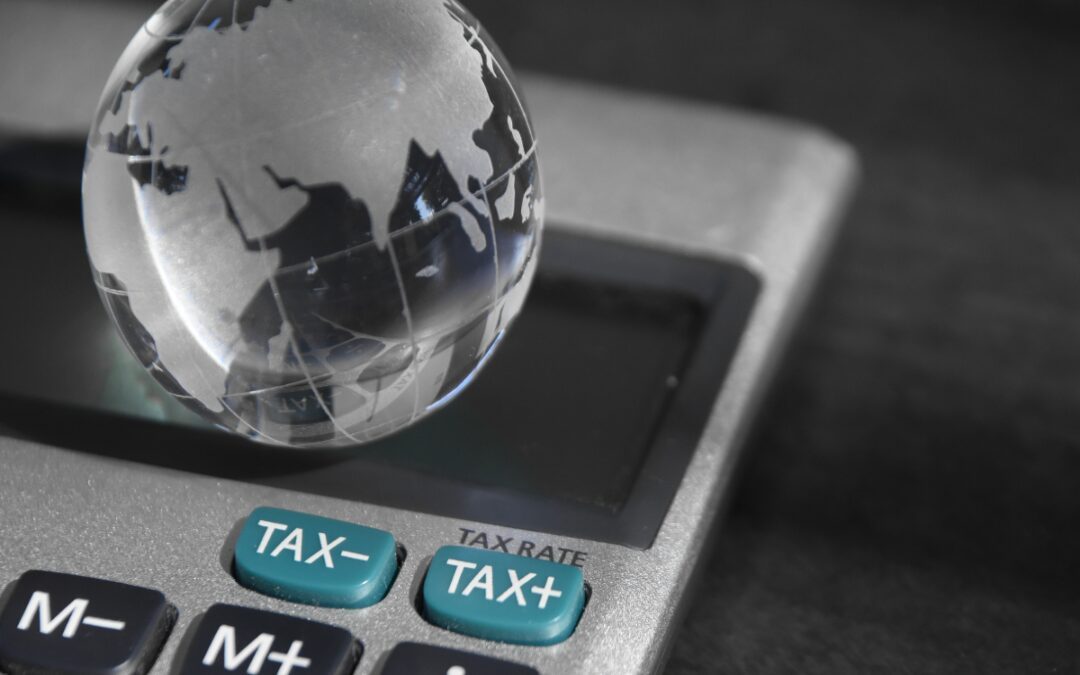India voted for the ‘UN international tax convention’ proposal and the proposal to establish the terms of reference for a ‘United Nations framework on international tax cooperation’ by August 2024.
The resolution, proposed by Nigeria, was backed by 125 countries, including India, China and Russia, and passed in the UN General Assembly in New York last week despite developed nations such as the US, UK, Netherlands, Switzerland, Japan, France and Germany voting against it.
“This is an effort by India and many other developing countries to wrest the lead role on international tax policy and standards making from the Organisation for Economic Co-operation and Development (OECD) and bring it to the UN,” said Rohinton Sidhwa, partner, Deloitte India.
International tax experts termed the move “historical” and said that bringing international tax debate to the UN platform will give a better deal to large markers like India than the “two-pillar tax solution” proposed by the OECD.
“It will allow India and other similar developing economies to put forward a convention that will support a fair share deal for the source countries,” said Saurrav Sood, practice leader, international tax and transfer pricing, SW India. “At present, OECD tax rules are more tilted towards developed countries while the voices of developing nations often get unheard.”
Why the Shift
India was part of 140 nations which had supported the two-pillar solution of international taxation, where the first pillar was to ensure that large multinationals such as Amazon, Google and Netflix pay taxes wherever they operate, and the second pillar proposed a minimum tax threshold at 15% to discourage tax havens and the flight of capital.
The first pillar, which was originally planned to cover all digital companies, proposed to cover only a few larger groups with a threshold of global revenue of $20 billion and profitability of more than 10%, keeping a large number of companies out of its ambit and requiring India to give up the equalisation levy.
While negotiation on the two pillars was already in the advanced stage, a section of finance ministry officials felt the terms and conditions of this framework favoured rich nations and that developing countries like India might not gain much out of it.
“Current terms of negotiation of the two-pillar solution did not offer India much in exchange for giving up its right to levy equalisation levy and, in fact, it may reallocate some profits out of the country,” a senior finance ministry official told ET on condition of anonymity, adding that the mandatory and binding dispute resolution mechanism might compromise India’s sovereign right to tax.
The tax treaty solution drafted by the UN tax committee in April 2021 for taxing income from automated digital services offers higher revenues for markets like India and does not restrict sovereign taxing rights of source countries.
“India has raised its reservations against the first pillar solution and will be able to negotiate on better terms now that the debate has shifted to the UN,” the official said, explaining the rationale behind the change in stance.
The Way Forward
The UN conventions aim to reach an agreement on the terms of reference by August 2024, followed by developing a UN framework convention on international tax cooperation.
“With the passage of the UN resolution, there is now an added layer to this debate on the appropriate forum (UN or the OECD) to rethink or recalibrate the current international tax rules,” said Gouri Puri, partner, Shardul Amarchand Mangaldas & Co.
India has played an active role in the OECD negotiations for the two-pillar solution but, being a market jurisdiction, India has also supported the UN resolution, taking a middle path.
“It will be interesting to see how Indian engages in international tax diplomacy post this development,” said Puri.
However, given that developed countries have voted against the UN resolution, in order to succeed in this the UN requires to come up with a higher level of literature that can effectively challenge the OECD formats and commentaries, said experts.
“Until then this initiative may not mean very much for India or the rest of the developing world,” said Sidhwa.










